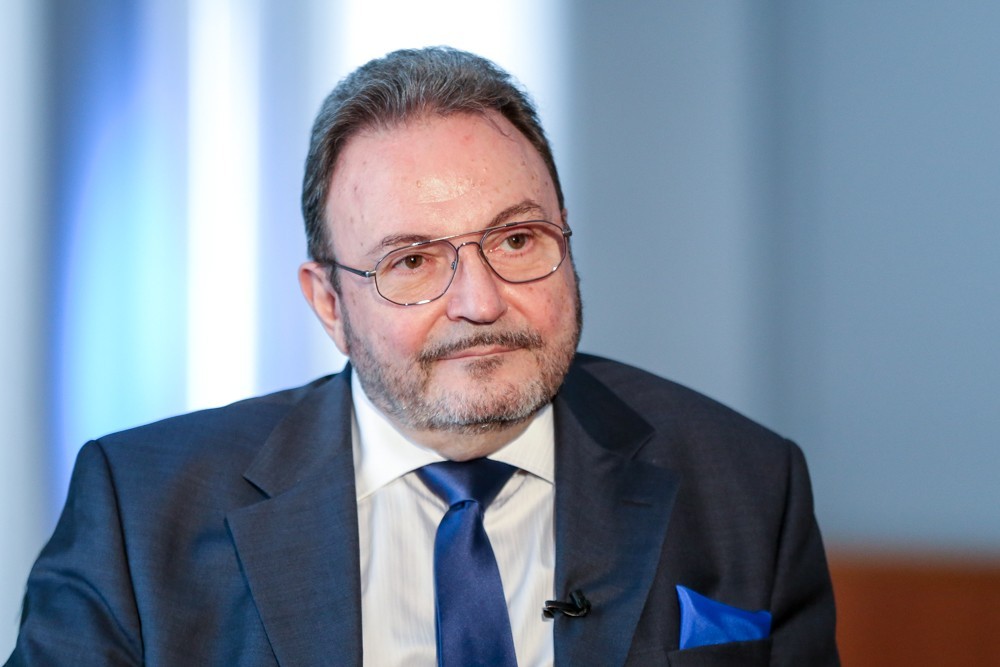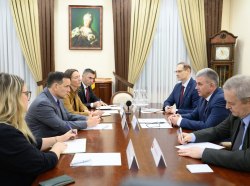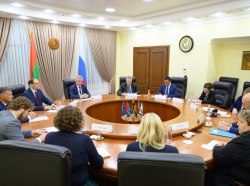Tiraspol, December 27. /Novosti Pridnestrovya/. The Ambassador-at-Large on special instructions of the Russian Foreign Ministry, the representative of Russia in the negotiation process between the PMR and the Republic of Moldova, Sergey Gubarev said that the economies of the two countries did not coincide in most respects. This is the complexity of the topic of the so-called "harmonization of tax systems" of Pridnestrovie and Moldova, which was raised by representatives of Chisinau, he said in an interview with TASS.
“The economies of Pridnestrovie and Moldova are different. It’s the same as if in Soviet times someone tried to harmonize the economic models of the USSR and, for example, France,” Gubarev said, expressing doubt about the advisability of discussing the topic of “harmonization of tax systems” in negotiations.
In October, at a meeting of the participants of the Permanent Meeting in the 5 + 2 format (PMR and RM are the parties; Russia, Ukraine, the OSCE are mediators; the USA and the EU are observers) in Bratislava, representatives of Chisinau proposed to include the issue of “harmonization of Pridnestrovian and Moldovan tax systems” in the agenda.
PMR President Vadim Krasnoselsky regarded this as a political provocation in order to disrupt negotiations. According to him, Moldova has deliberately begun to include in the agenda of the negotiation process issues on which it is impossible to reach an agreement. Vadim Krasnoselsky recalled that the two countries have been living under different tax systems and rules for 30 years.
This year, negotiations between Pridnestrovie and Moldova, with the filing of Chisinau, have virtually come to a deadlock. The Republic of Moldova not only does not fulfill obligations under the previous agreements, but has also taken new actions to put pressure on the PMR, which the OSCE experts also admitted. Chisinau actually disrupted the negotiations at the level of the Permanent Meeting in the 5 + 2 format, refusing to sign the final protocol in Bratislava. Despite the efforts of intermediaries, the document has never been signed before the end of the year.








